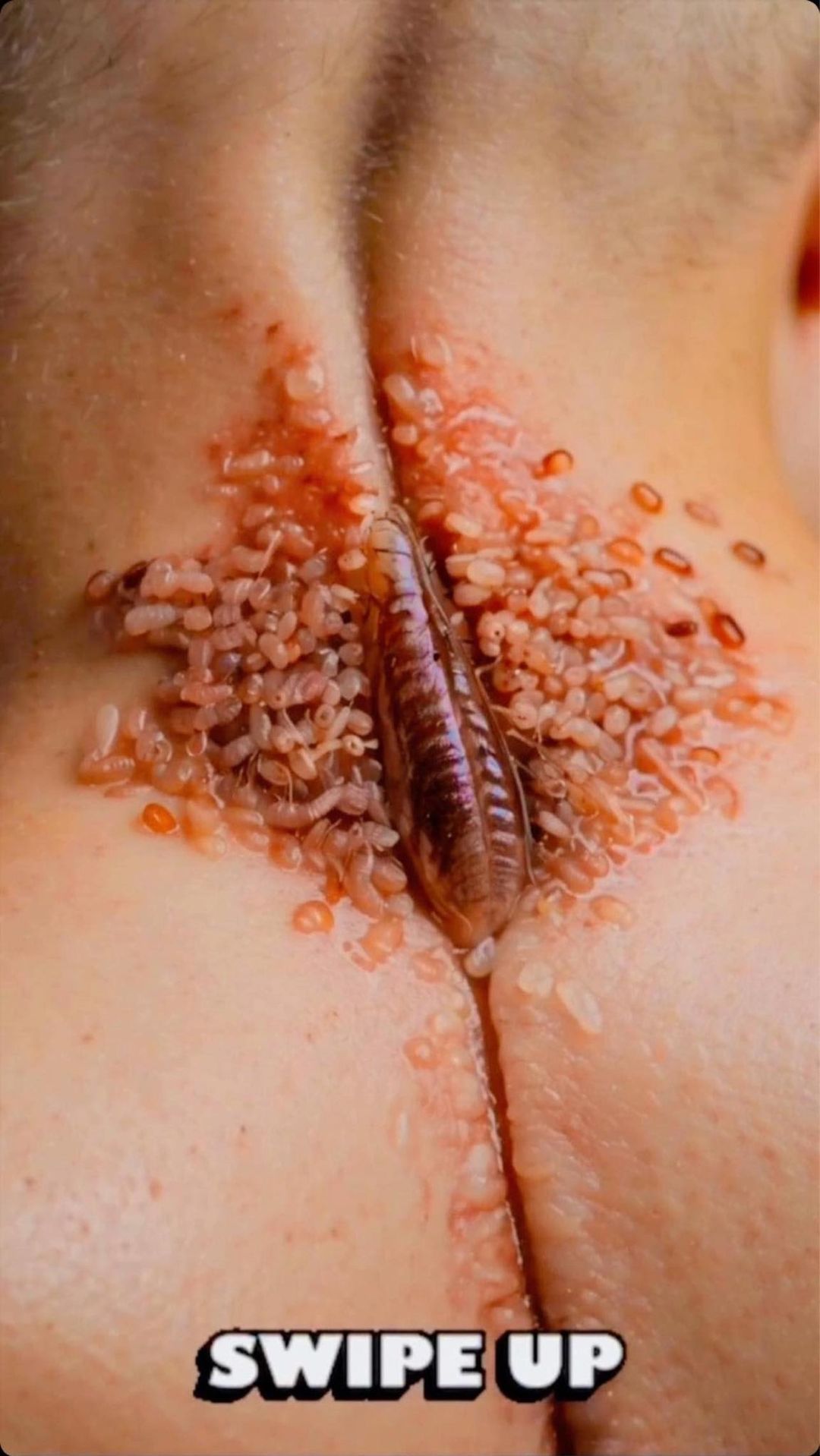Clogged pores are a common skin concern that many people face at some point in their lives. Understanding what causes these blockages can help us better care for our skin and prevent breakouts or irritation. Essentially, clogged pores occur when the opening of a pore becomes obstructed by a mixture of dead skin cells, excess oil, dirt, and sometimes bacteria. This leads to the formation of blackheads, whiteheads, or pimples, and can even contribute to more severe skin issues if not managed properly.
There are several factors that can cause this buildup. One of the primary causes is **dead skin cells**. Our skin naturally sheds millions of dead skin cells every day, a process that’s supposed to happen smoothly and without issues. But sometimes, especially if your skin isn’t exfoliating properly, these dead cells can accumulate and clog the pores. People with dry skin, for example, tend to produce more dead skin cells because their skin isn’t shedding efficiently. Over time, this excess buildup can block the pore’s opening, trapping oil and dirt beneath the surface.
Another significant cause is **excess oil production**. Some individuals naturally produce more oil due to genetics, hormones, or their age. For instance, teenagers and pregnant women often experience increased oil production because of hormonal fluctuations. As the oil mix combines with dead skin and dirt, it can quickly lead to blocked pores. Similarly, people with oily skin, whether due to genetics or environmental factors, are more prone to congestion because their skin’s oil glands are more active.
Our daily skincare routines can also inadvertently contribute to clogged pores. For example, the types of face products we use matter—moisturizers, foundations, primers, or cleansers that are heavy, greasy, or comedogenic (meaning they tend to block pores) can intensify the problem. Applying thick makeup or using oily skincare products without cleansing thoroughly afterward can leave residue lodged deep within pores throughout the day.
Certain medications can also affect how much oil your glands produce, which might lead to more frequent or severe blockages. For example, some birth control pills or steroids can alter hormone levels and cause fluctuations in oil production, making pores easier to clog.
Age and hormones play a pivotal role too. During puberty, hormonal changes increase oil gland activity, which is why teenagers often battle with acne. Similarly, hormonal shifts during pregnancy or menopause can impact skin oil levels, making some individuals more susceptible. Genetics also play a part—if your family has a history of acne or oily skin, you’re more likely to experience clogged pores.
While some things don’t cause clogged pores directly, they can certainly make existing issues worse. For example, **certain foods**—especially those high in sugars or dairy—have been blamed for worsening acne in some individuals, though research remains inconclusive. Wearing tight clothing, backpacks, helmets, or any gear that constantly rubs against your skin can trap sweat, dirt, and oil in the pores, aggravating congestion. This is often seen in athletes or workers who spend hours in gear that presses tightly against their face or body, leading to more blackheads and pimples.
Environmental factors like **humid weather** are also culprits. Excess moisture causes sweating, which mixes with dirt and oil on the skin’s surface, clogging pores faster. Moreover, **picking at pimples** or squeezing blackheads might seem helpful but actually worsens the problem, introducing bacteria and spreading inflammation. Pollution adds harmful particles to the air that settle on skin, blocking pores further.
Lastly, stress and anxiety shouldn’t be underestimated. High stress levels can trigger hormonal changes that increase oil production, leading to more clogged pores. Over-washing or scrubbing your skin too harshly strips away natural oils but also damages your skin barrier, causing your skin to produce even more oil to compensate.
Understanding these causes and triggers allows us to adopt better skincare habits, make healthier choices, and protect our skin. Sometimes, small changes—like using non-comedogenic products, avoiding heavy makeup, cleaning gear regularly, and keeping skin clean and exfoliated—can make a real difference. After all, clear skin isn’t just about what we put on our face; it’s a reflection of how well we listen to what our skin needs and how we treat it daily.






